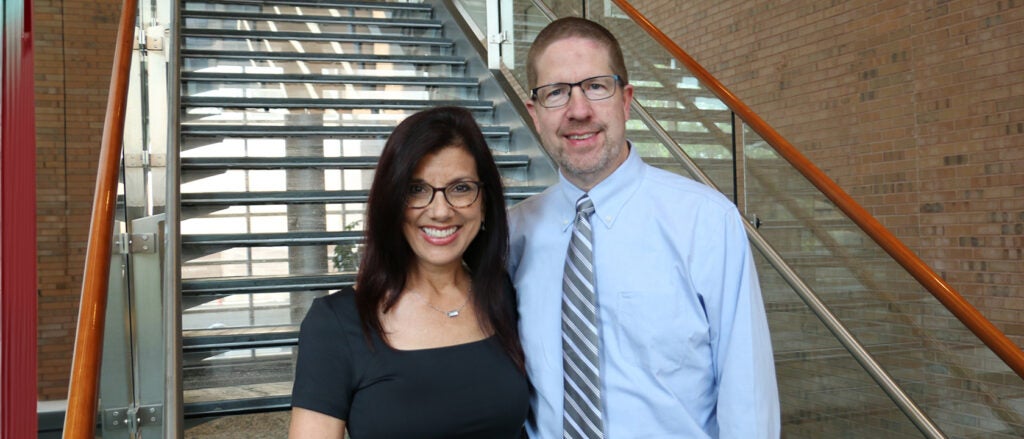Physician-Scientist Training Program (PePSTP)
Washington University School of Medicine and its Department of Pediatrics have a long and successful history of training pediatric physician-scientists. Our Pediatric Physician-Scientist Training Program (PePSTP) focuses on the critical period from completion of the combined MD/PhD degree through the clinical and mentored post-doctoral research training years. The PePSTP combines the outstanding clinical training environment of St. Louis Children’s Hospital with rigorous scientific training in the world-renowned laboratories across WashU Medicine.

Preferential access to subspecialty fellowships

Individualized training experience

Enhanced Transitional mentoring

Educational funds + salary enhancement
4.5
Average MD/PhD interns per year
89%
InDividual K award success rate
33
trainees inducted since 2012
The PePSTP at Wash U was formalized in 2011, and the program has received substantial external support since 2013 from the Edward Mallinckrodt, Jr. Foundation, in memory of Oliver Langenberg, a St. Louis businessman and philanthropist who led the Foundation for 50 years and died in 2012 at the age of 99.

